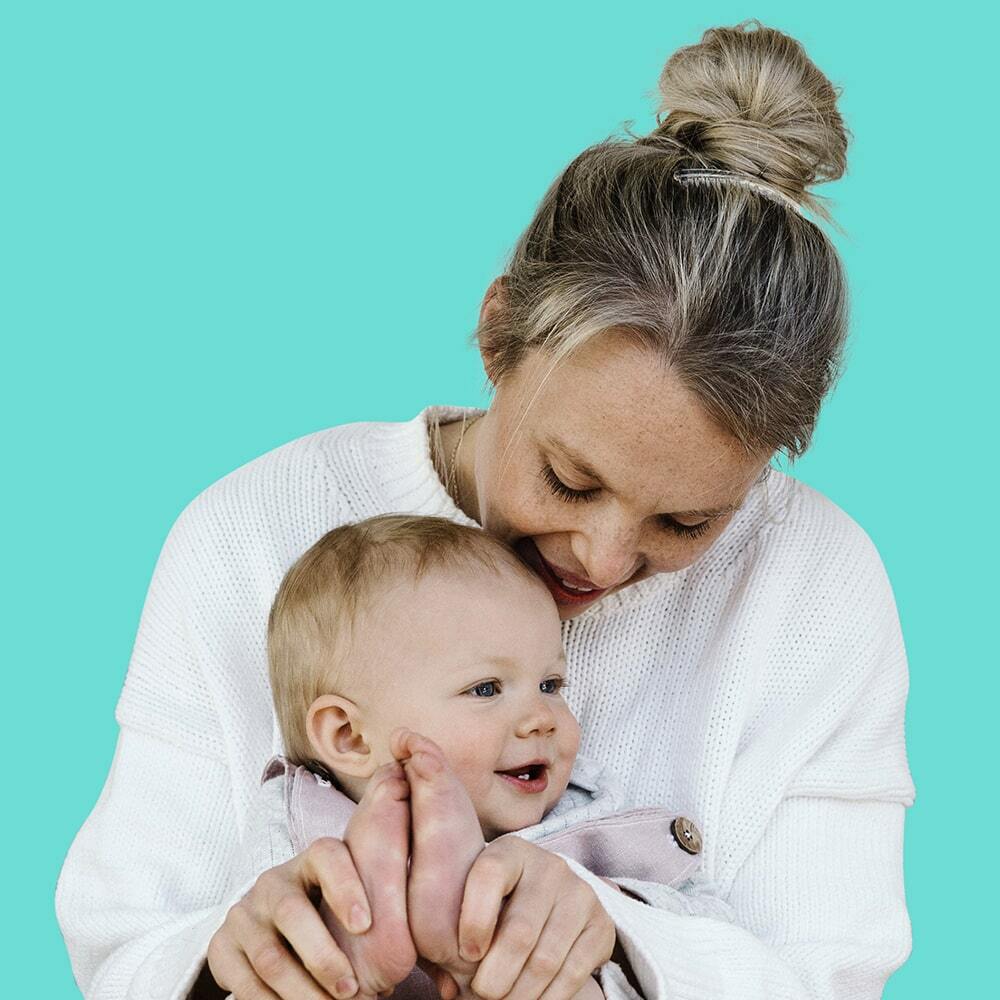The top 5 things you need to know about your fertility!
24 March 2017

24 March 2017

Unfortunately, 1 in 6 Australian couples will experience infertility. But, you can try to optimise your chances of success by learning about your fertility.
Here are 5 things you need to know about your fertility to help you achieve your dream of having a baby.
Being overweight is a leading factor of infertility for both men and women. Obesity has been shown to decrease sperm quality in men and disrupt a woman’s menstrual cycles. If you or your partner is overweight, even a 10% decrease in your weight can have a positive impact on your fertility. A healthy diet consisting of quality protein, complex carbohydrates (check out our awesome recipe for fluffy pancakes packed full of complex carbohydrates!) and healthy fats such as olive oil and omega 3 can improve your weight and overall well being.
Problems with fertility are not just related to the female – men have fertility issues as well! In fact, after a woman’s age, male related fertility factors are the second most common cause of infertility.
Caffeine is a stimulant found not only in coffee, but is present in tea, energy drinks, some soft drinks and event chocolate. Although there is no clear evidence that caffeine affects fertility, there are studies that have indicated that those who consume large amounts of caffeine may to longer to conceive or have a higher risk of miscarriage. Both men and women should ideally aim for less than 200mg of caffeine a day, which equals a maximum of 1-2 coffees or 2-3 cups of tea.
With so many people starting their families later in life, it is important to realise that by the time a woman is 40, her fertility is a quarter of that when she was 20. Women are born with all of the eggs that they will ever produce, so once these eggs begin to age, there is no way to halt or reverse this process.
Did you know that your fertility is mostly determined by genetics? Genetic factors can sometimes be an issue, with Klinefelter Syndrome, Turners Syndrome, Cystic Fibrosis and Translocations being just some of the known conditions which may affect a person’s fertility. Also, if you have a family history of early of premature menopause, you may be at risk of experiencing it too.

Wherever you are on your journey, one of our supportive nurse enquiry team members can help you understand your options and take the next step. These conversations are free and informative.